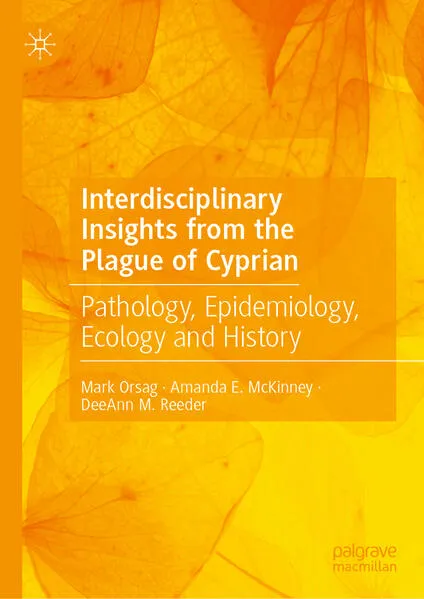
- Publikationen ca: 2
- Buchbewertungen ca: 1
- Fragen & Antworten
Mark Orsag
Mark Orsag is Professor of European and Interdisciplinary History and Chair of the History Department at Doane University in the USA. Prior to this, he studied at Carnegie-Mellon University, Pennsylvania State University, and Michigan State University. Mark’s research is centered at the nexus of history and the natural sciences.
Amanda E. McKinney is the Executive Director of the Institute for Human and Planetary Health, in the USA. She obtained her medical degree from the University of Nebraska Medical Center and completed her residency and fellowship training at the University of California-Irvine. Amanda was featured, along with Samuel L. Jackson, James Cameron and others, in the 2016 documentary film Eating You Alive. In 2021, she was featured in a second documentary film, PlantWise.
DeeAnn M. Reeder is Professor of Biology at Bucknell University in the USA. She is a wildlife biologist who studies disease ecology, behavior, physiology, and conservation. Having previously studied at UC Berkeley, UC Davis and Boston University, DeeAnn’s current research explores the relationships between bat health, ecosystem health and human disease risk. She holds a research position at the National Museum of Natural History, Smithsonian Institution, Washington DC.
Interdisciplinary Insights from the Plague of Cyprian
This book tackles the difficult challenge of uncovering the pathogenic cause, epidemiological mechanics and broader historical impacts of an extremely deadly third-century ancient Roman pandemic. The core of this research is embodied in a novel systems synthesis methodology that allows for ground-breaking historical-scientific problem-solving.
Interdisciplinary Insights from the Plague of Cyprian
This book tackles the difficult challenge of uncovering the pathogenic cause, epidemiological mechanics and broader historical impacts of an extremely deadly third-century ancient Roman pandemic. The core of this research is embodied in a novel systems synthesis methodology that allows for ground-breaking historical-scientific problem-solving.

